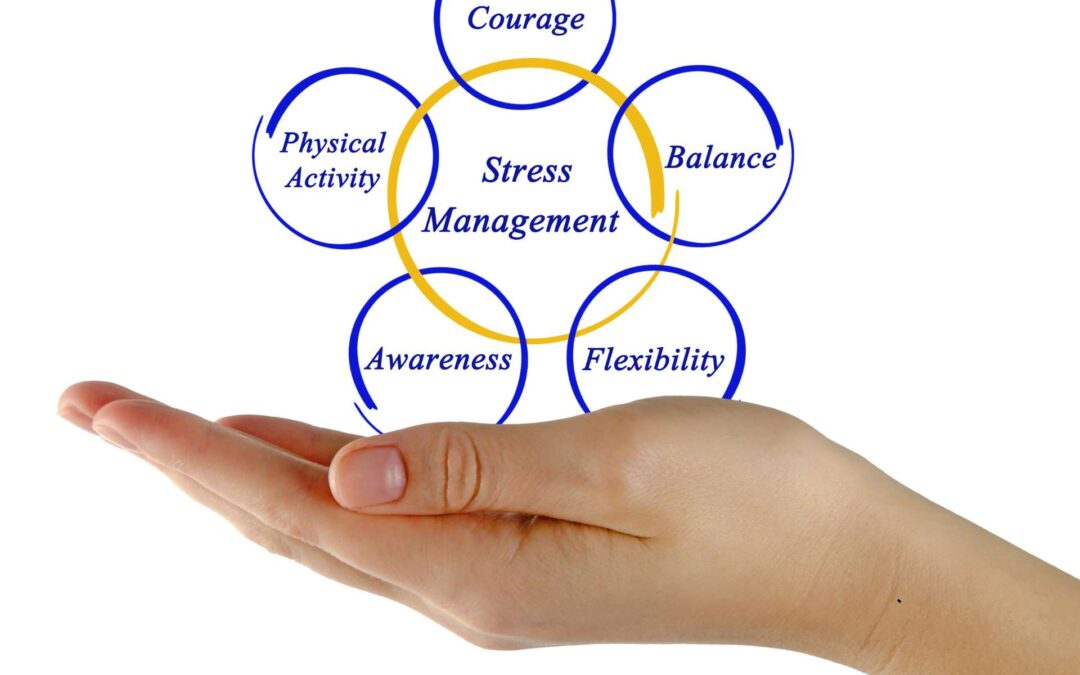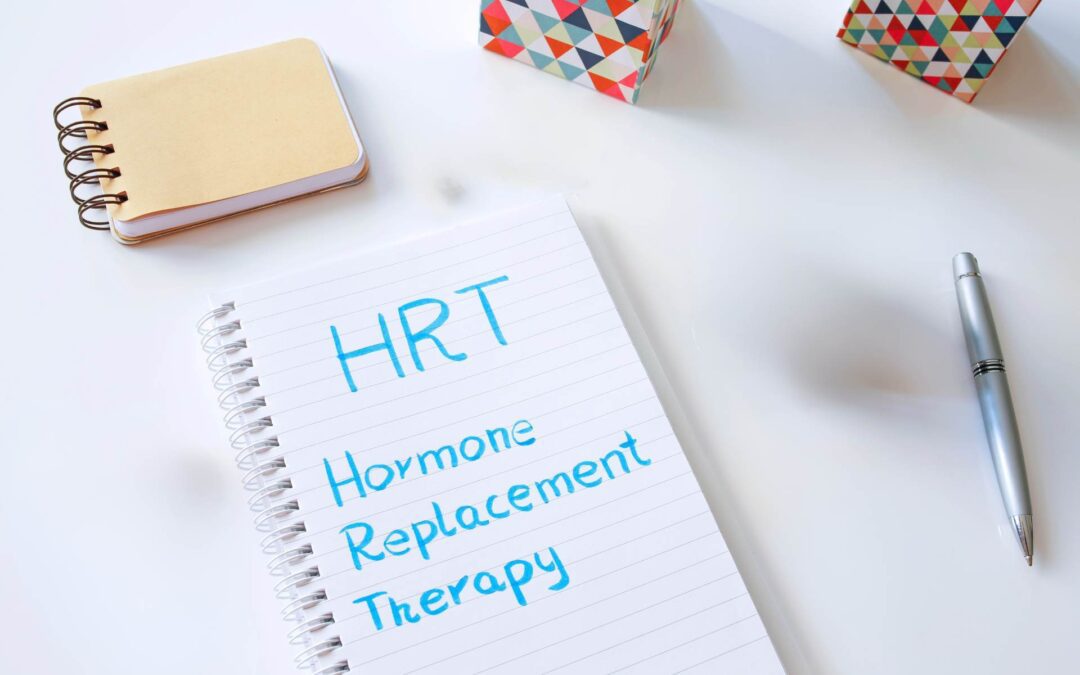Watching your child struggle with Obsessive-Compulsive Disorder (OCD) can be incredibly difficult. As a parent, you want to protect and help your child, but navigating the complexities of OCD treatment can feel overwhelming. The good news is that your involvement is one of the most important factors in your child’s treatment and recovery. Here are ways parents can actively support their child’s journey with OCD.
Understanding OCD
Before diving into how parents can help, it is important to understand what OCD is. OCD is a mental health condition characterized by intrusive, unwanted thoughts (obsessions) and repetitive behaviors or rituals (compulsions) that a person feels driven to perform to alleviate anxiety. These thoughts and behaviors can interfere with daily life and cause significant distress.
While OCD is often misunderstood, it is crucial for parents to recognize that their child’s compulsions are not simply bad habits or attention-seeking behaviors.
The Importance of a Collaborative Approach
OCD treatment is most effective when parents work closely with mental health professionals. A collaborative approach allows parents to understand the specifics of their child’s condition and ensures that everyone is on the same page when it comes to treatment goals. Therapies like Cognitive Behavioral Therapy (CBT), specifically Exposure and Response Prevention (ERP), are commonly used to treat OCD. Medications, such as selective serotonin reuptake inhibitors (SSRIs), may also be prescribed.
As a parent, it is essential to stay involved in treatment discussions and follow the guidance of your child’s therapist. By collaborating with professionals, you can create a consistent approach that reinforces the strategies learned in therapy.
Helping Your Child Feel Supported
One of the most important things a parent can do is provide emotional support. Children and teens with OCD often feel isolated or ashamed of their thoughts and behaviors. Reassure your child that OCD is a treatable condition and that they are not alone in their struggles. Create an open, non-judgmental space where your child feels comfortable sharing their thoughts and challenges.
It is also essential to foster patience. Treatment can take time, and there may be setbacks along the way. Celebrate the small victories and encourage perseverance, reminding your child that recovery is a gradual process.
Avoiding Accommodation
While it is natural to want to protect your child from distress, one of the key challenges in treating OCD is avoiding “accommodation.” Accommodation refers to actions that parents may take to ease their child’s anxiety or prevent OCD-related behaviors. This might include doing rituals for them, letting them avoid certain situations, or giving in to their requests for reassurance. Although these actions may seem helpful in the moment, they can actually reinforce the OCD and make it harder for your child to break free from the cycle.
Encouraging Treatment Participation
Your child’s active participation in their treatment plan is crucial. Encourage them to follow through with the exercises and techniques recommended by their therapist, even when it feels uncomfortable. ERP, for example, involves facing anxiety-provoking situations and resisting compulsions. While this can be tough, it is an essential part of treatment.
It can be helpful to remind your child that their efforts are part of a bigger picture: achieving greater control over their OCD and improving their overall well-being. Be there to provide encouragement, but also respect their autonomy in managing their own treatment.
Seeking Support for Parents
Supporting a child with OCD can take an emotional toll on parents as well. It is important that you take care of your own mental health. Consider seeking therapy or joining a support group for parents of children with OCD. These resources can provide a space to talk openly about your challenges and gain support from others who understand what you are going through.
By caring for yourself, you are better equipped to care for your child and support their treatment journey.
In Conclusion
As a parent, your role in your child’s OCD treatment is vital. By staying informed, working collaboratively with professionals, providing emotional support, and encouraging active participation, you can help your child navigate the challenges of OCD and move toward recovery. While it may be a long road, know that with patience, understanding, and the right strategies, improvement is possible.
If you believe your child is, or may be, struggling with OCD or any other mental health conditions, our team of therapists and nurse practitioners are here to help. Reach out to us by filling out our new patient form today. We are here to support your child on their journey toward better mental health and well-being!






